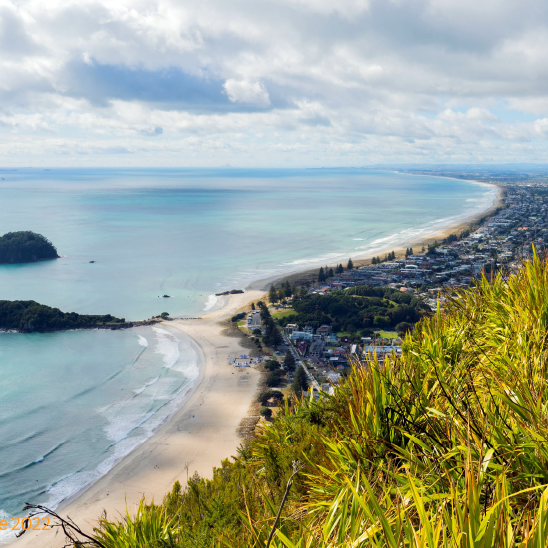The Sustainable Business Council (SBC) and Climate Leaders Coalition (CLC) welcome the release of the Government’s first National Adaptation Plan (NAP) as the first step to develop an effective and enduring adaptation response for Aotearoa New Zealand.
“The delivery of New Zealand’s first NAP is an important milestone in building a resilient future,” says SBC Executive Director Mike Burrell.
“We recognise the work that has gone into coordinating the various elements of our climate adaptation response in a single framework that provides a role for central and local government, communities, iwi/Māori and business.”
“Ongoing severe weather events both here, including recent flooding events across the country, as well as abroad, such as heatwaves and fires resulting in the northern hemisphere, continue to be acute reminders of the urgent need to both urgently reduce emissions and build our resilience in order to manage the irreversible impacts of a warming world,” says Mr Burrell.
SBC and CLC welcome in particular efforts to establish central accountability and progress indicators to keep New Zealand on track toward its adaptation targets. We are also pleased to see plans to make available data that will be critical for decision-making and to prevent maladaptive investments.
We welcome measures to enhance education and awareness raising on climate risk and adaptation. Ensuring we are achieving a fair and inclusive transition with equity, and people, at its heart will be crucial to successfully achieving a climate resilient and low emissions future for all communities.
“While it is great to see these steps being planned for the next six years, it will be critical, to see firmer direction and support provided, particularly to local government, to help guide decision-making in the immediate term. It will also be important to establish how this plan will be funded and resourced if we are to move from business as usual to reflect the urgency of this adaptation task,” says Mr Burrell.
CLC Convenor and Spark CEO Jolie Hodson says, alongside business, government must take a long-term approach to the country’s adaptation response.
“As with any plan, its success will come down to effective execution. Government and business must work in lock-step if we are to achieve the kind of enduring economy-wide change that we need to. The NAP provides us with a plan for the next six years. Building a resilient future for all New Zealanders is going to require ongoing collaboration and clarity that enables businesses to act quickly, and that needs to extend well beyond election cycles,” says Ms Hodson.
“Bipartisan support is critical to enabling private sector investment decisions that support a climate resilient future, where Aotearoa, and all New Zealanders, can thrive.”
SBC and CLC members are already working to raise the profile of business adaptation, as well as lift business capability and action on adaptation through their recently established Adaptation Working Group. In June this year, CLC also launched its new Statement of Ambition which included an increased focus on ambitious adaptation action for Signatories.
“SBC and CLC are already stepping up to demonstrate the critical role business can play. We will continue to build capacity and momentum in the private sector’s work on adaptation. This will include exploring innovative approaches to climate risk and the opportunities created by the transition to a climate-resilient future. We look forward to working alongside government to implement and build on this plan with the urgency this requires,” says Mr Burrell.
Read a copy of SBC and CLC’s full joint submission on the draft National Adaptation Plan here.

